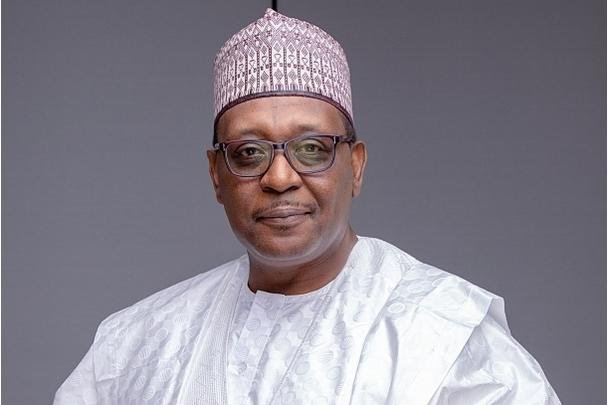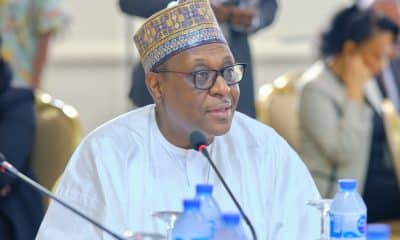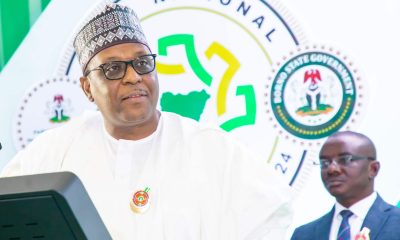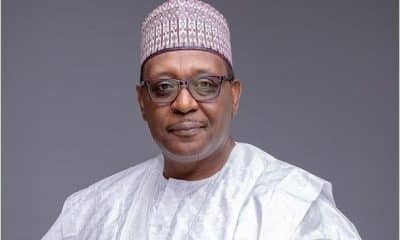Nigeria News
‘Federal Government To Increase Wages Of Health Workers’

Minister of Health and Social Welfare, Professor Ali Pate, has announced an impending adjustment to the wages of health professionals in the country.
Speaking on Channels Television’s special program marking President Bola Tinubu’s first year in office, Pate provided a ray of hope for the healthcare sector, which has long been marred by issues of low wages and industrial strife.
Health workers in Nigeria have frequently protested their remuneration and working conditions, leading to multiple strikes and contributing to instability within the sector.
This has exacerbated the brain drain, as many professionals have relocated abroad in search of better opportunities.
However, Minister Pate indicated that the government is set to make significant changes to the compensation framework for these workers.
“We should expect an adjustment in the context of compensation for workers in Nigeria,” stated Pate during the interview, hinting at imminent wage revisions that could potentially reverse the trend of dissatisfaction among health workers.
Furthermore, the Minister highlighted several policy measures the Tinubu administration has implemented to address the challenges in the health sector, notably the doubling of the quota for training health workers.
This increase is expected to bolster the workforce in the coming years, improving healthcare delivery across the nation.
In addition to training initiatives, the government has made strides in recruitment, deploying 2,497 nurses, midwives, and doctors to primary healthcare centres within the past year.
Pate also touched on the phenomenon of Nigerian medical professionals returning from abroad to contribute to the healthcare landscape at home.
“There are trends that we have also seen of many of our professionals trying to come back to Nigeria to work in the private sector and also contribute in the public sector,” he explained.
The Minister acknowledged that the challenge of maintaining a robust healthcare workforce is not unique to Nigeria, citing similar issues in countries like the United Kingdom and the United States.








